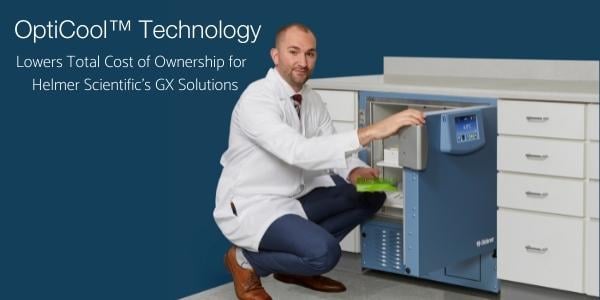Climate change presents challenges to the delivery of safe and effective health care. Environmental issues exacerbate existing health threats and create new public health challenges. At the same time, healthcare organizations contribute to the climate crisis with significant levels of carbon emissions.
Regulations related to climate change and environmental sustainability continue to evolve. STAT News recently published the article “Hospitals need to get ahead of regulations on climate change.” It says sustainability directives from the Department of Health and Human Services (DHHS) have been incorporated into a broader initiative to cut U.S. carbon emissions in half by 2030. HHS plans to implement new requirements for hospitals and health systems to reduce greenhouse gas emissions and could potentially impose penalties on facilities that are not in compliance.
The article said, “While specific environmental sustainability standards have not yet been released, HHS published a Climate Action Plan in October 2021 outlining five climate-related priorities it intends to ask health care delivery organizations to implement in the coming years. The actions most likely to affect hospital systems include reducing their carbon footprints, expanding climate resilience at the local level, and optimizing workforce and space management.”
Hospital laboratories use temperature-controlled storage to maintain the integrity of sensitive reagents, patient specimens, and blood products. The type of refrigeration systems in use are a factor that contributes to the hospital’s overall carbon footprint. The refrigerants used in conventional cold storage units tend to have higher global warming potential and heat rejection than alternative coolants.
Fortunately, advances in refrigeration technology make it possible for these units to maintain required temperature ranges, while at the same time minimizing energy consumption, heat output, and global warming potential (GWP).
GX Solutions professional medical-grade cold storage from Helmer Scientific utilizes innovative OptiCool™ technology. Designed for critical healthcare applications, GX Solutions offer optimal temperature management. Natural hydrocarbon refrigerants are used instead of traditional hydrofluorocarbons (HFCs). Natural hydrocarbons are environmentally friendly refrigerants that have very limited impact on GWP and no impact on Ozone Depletion Potential (ODP).
Not only do GX Solutions refrigerators and freezers benefit the environment by decreasing global warming potential, but they also help reduce heat output into the laboratory and decrease energy consumption. This can help healthcare organizations reduce their utility bills, lowering the total cost of ownership.
Other Blogs You Might Be Interested In...
- Supporting Sustainability Initiatives with Temperature-Controlled Storage
- GX Solutions Refrigerators Support Sustainability & Reduce Cost of Ownership
- Healthcare Systems Consider Impact of Climate Change
- GX Solutions Freezers Receive ENERGY STAR® Recognition
Our white paper provides more information on the OptiCool™ Technology that powers our environmentally friendly GX Solutions.





